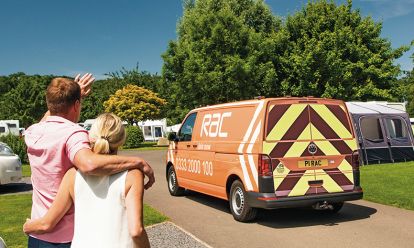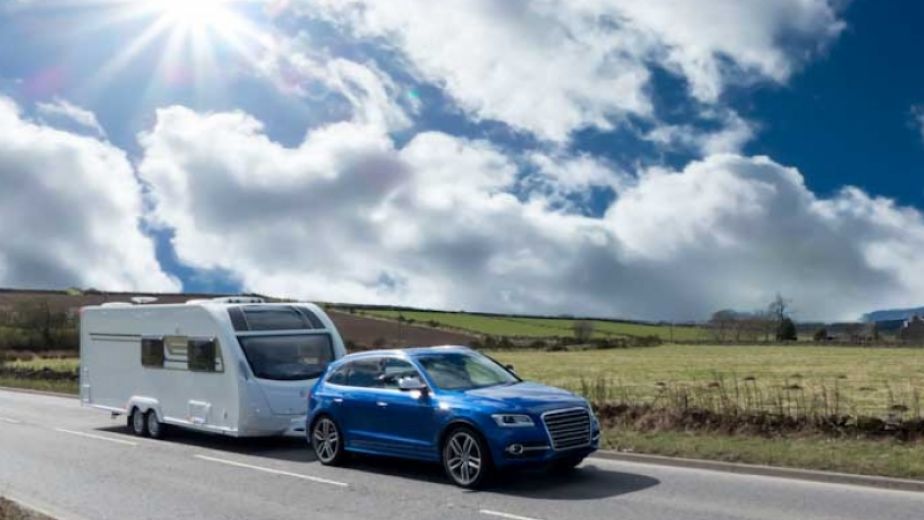By doing this, the police can try and track down where it has been taken and try to recover it.
In this driving advice guide, we explain the relevant scheme as well as some helpful security tips for your caravan.
What is CRiS?
CRiS stands for the Central Registration and Identification Scheme, which is a UK registration system specifically for caravans.
Managed by the National Caravan Council (NCC), CRiS was introduced in 1992 to help reduce caravan theft and provide a reliable way to check a caravan's identity and history.
It is used by the police and insurers to help resolve issues following a theft or criminal damage.
Here are the main purposes and features of CRiS:
- Ownership tracking: Like a car's V5C logbook, CRiS keeps a record of caravan ownership, helping to establish proof of ownership.
- Theft prevention: Registered caravans have a unique 17-digit Vehicle Identification Number (VIN), often etched onto windows and chassis, making them easier to trace if stolen.
- History checks: Prospective buyers can run a CRiS check to verify if a caravan has been stolen, written off, or is subject to outstanding finance – similar to how the police conduct an investigation.
- Security markings: New caravans come with CRiS marking, including hidden microdots and VIN etching for added security.
Many insurance companies in the UK require CRiS registration before processing a claim.
CRiS registration offers long-term peace of mind for a single, affordable fee. For just £20.95, you can register your caravan for the entire duration of your ownership.
There are no ongoing costs or renewals required.
With CRiS, the owner’s details are logged in a national database used by the police and insurers, ensuring quick identification and protection.
Registering a caravan
Unlike conventional vehicles such as cars and motorbikes, which must be legally registered with the DVLA, caravans are not subject to the same legal requirement.
For registered vehicles, the DVLA issues a V5C registration document to the keeper, containing important details such as the engine and VIN numbers. When ownership changes, both buyer and seller must inform the DVLA so the official records can be updated.
With caravans, however, no such legal registration process exists with the UK Government.
- Do caravans need an MOT? Everything you need to know
- The complete caravan buyers’ guide
- How to tow a caravan
Caravan security advice
Caravans are prize possessions for millions of people in the UK. Many of them also often contain expensive equipment and personal belongings, making them attractive targets for thieves.
Enhancing caravan security is essential, whether it's stored at home, on a site, or in transit.
It is important for owners to have physical deterrents in plain sight. Use a high-quality wheel clamp and lock to prevent thieves from towing the caravan away.
Also, consider fitting corner steady locks for added immobilisation. Security posts or locked gates also improve safety if storing the caravan at home.
Owners looking to protect their investment should install an alarm system designed for caravans, which often includes motion detectors and other sensors.
Another helpful tool is a GPS tracking device. This ensures that your caravan can be located if stolen.
Some insurance providers offer discounts for using such security measures.
Caravan owners should secure all doors, windows, and roof lights with locks when the caravan is unattended. Also, never leave valuables in plain sight, and remove them entirely when the caravan is not in use.
If possible, store your caravan in a secure place, ideally one accredited by CaSSOA (Caravan Storage Site Owners' Association), which assesses sites for safety and security standards.
Arrival Breakdown Cover
Get specialist personal based cover for caravans, motorhomes and campervans from just £11 per month^.












